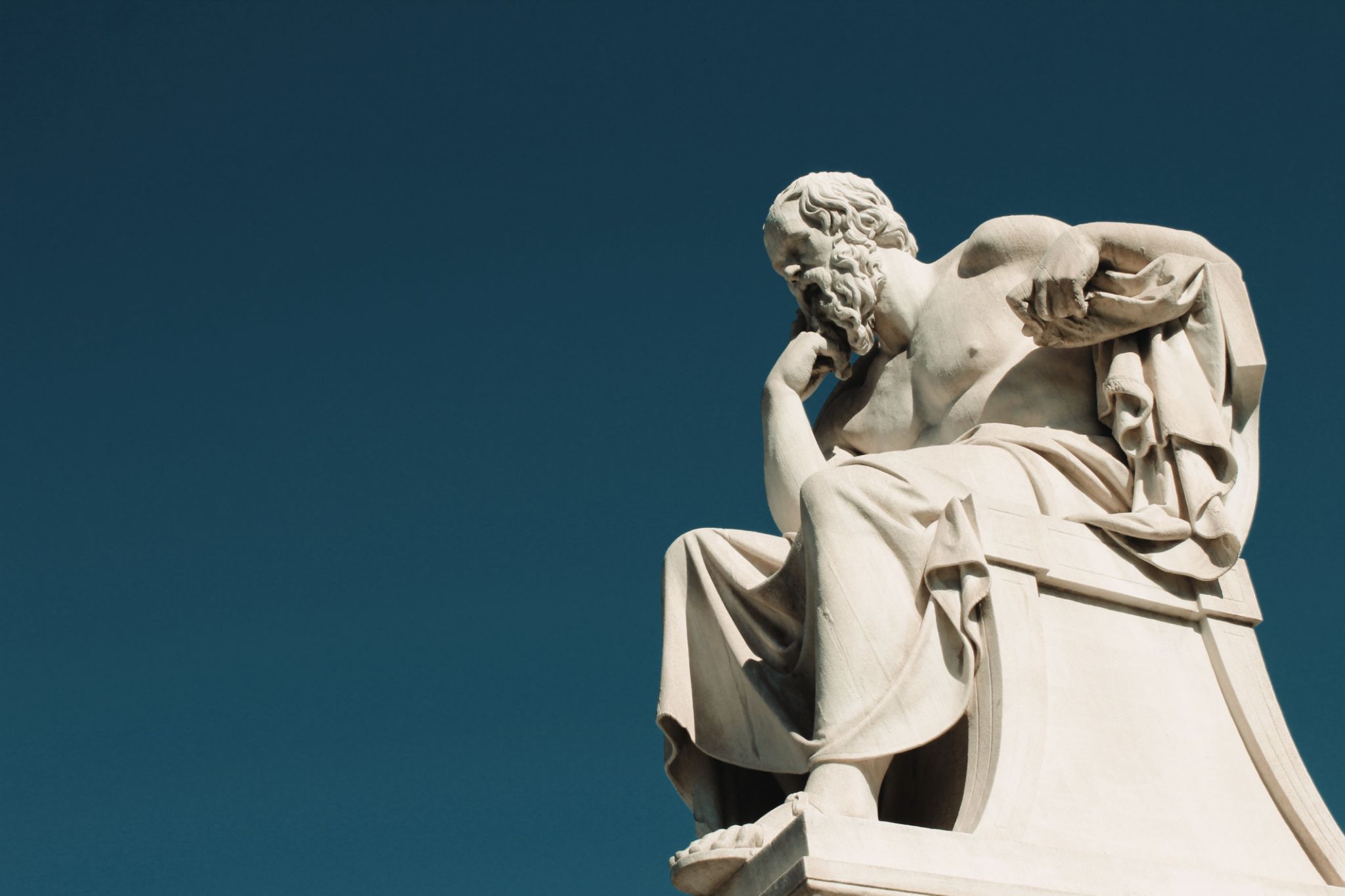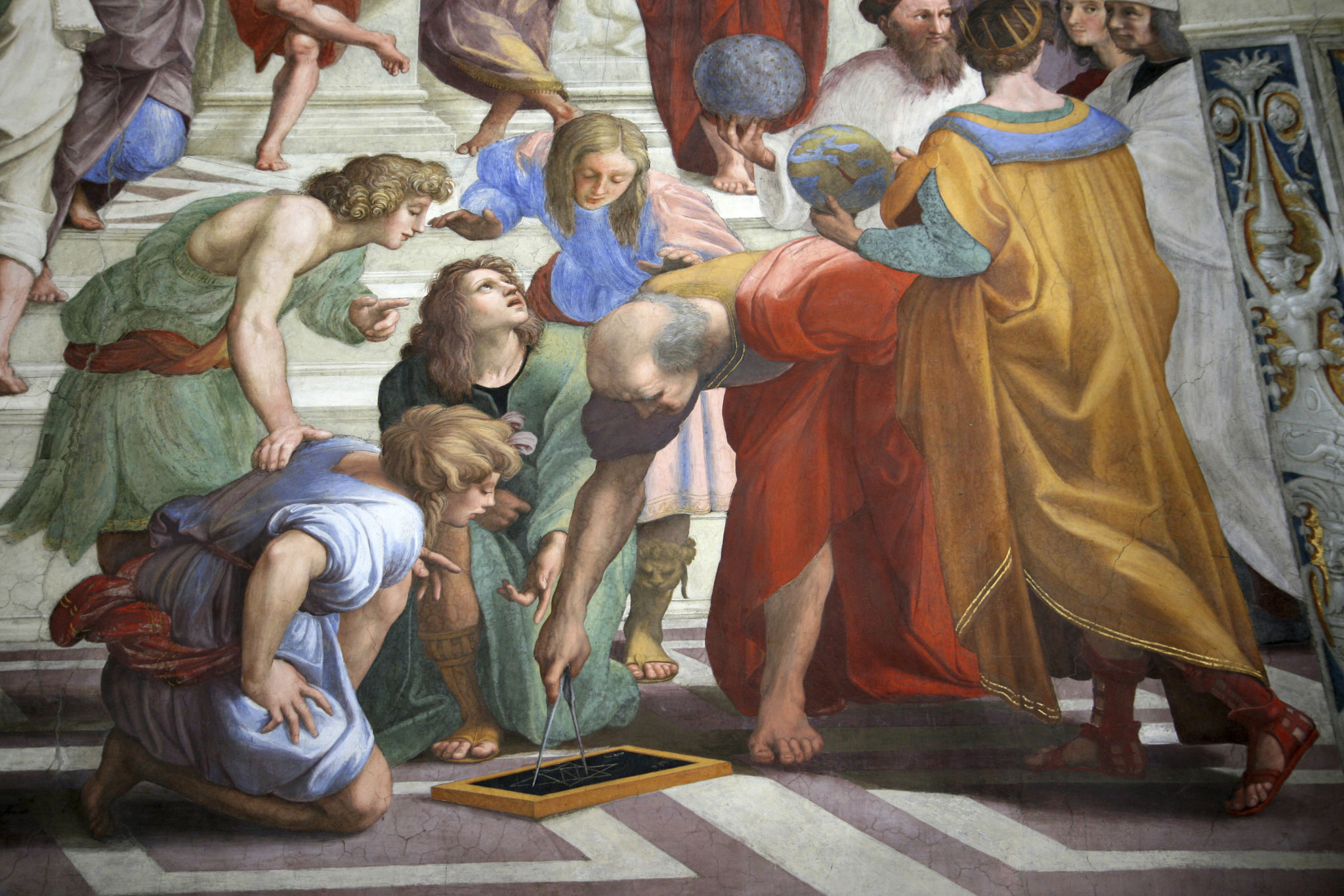Exploring the History of Philosophy: Key Thinkers and Ideas
Introduction to the History of Philosophy
The history of philosophy is a rich tapestry woven from diverse ideas, debates, and insights that have shaped human thought for centuries. From the ancient Greeks to contemporary thinkers, each philosopher has contributed uniquely to our understanding of the world. This exploration delves into some of the key thinkers and ideas that have significantly influenced philosophical discourse.
Ancient Philosophy: The Birth of Western Thought
Ancient philosophy marks the dawn of systematic thought in Western civilization. It primarily revolves around three great Greek philosophers: Socrates, Plato, and Aristotle. Socrates, known for his unique method of inquiry through dialogue, emphasized the importance of questioning and critical thinking.
Plato, a student of Socrates, advanced the concept of ideal forms and established one of the earliest philosophical academies. His works continue to influence areas such as metaphysics and epistemology. Aristotle, Plato's student, further expanded philosophical inquiry into numerous fields, including logic, ethics, and politics.

Medieval Philosophy: Bridging Faith and Reason
During the medieval period, philosophy was heavily intertwined with religious thought. Key figures like Augustine of Hippo and Thomas Aquinas sought to reconcile Christian theology with classical philosophy. Augustine's works laid the groundwork for much of Christian doctrine, while Aquinas' writings on natural law and ethics are still studied today.
Medieval philosophy also saw the rise of Scholasticism, a method that emphasized dialectical reasoning to explore theological and philosophical questions. This period was crucial in preserving ancient texts and integrating them into a theological framework.
Renaissance and Enlightenment: The Rise of Humanism
The Renaissance brought a renewed interest in humanism and the rediscovery of classical texts. Philosophers like Desiderius Erasmus and Niccolò Machiavelli began to focus on human nature and political theory. The Enlightenment further propelled this shift towards reason and individualism.

Key Enlightenment thinkers such as John Locke, Voltaire, and Immanuel Kant explored concepts like liberty, democracy, and reason. Locke's theories on government and personal rights laid the groundwork for modern political systems, while Kant's work on ethics and metaphysics remains influential.
Modern Philosophy: The Age of Critique
Modern philosophy introduced a variety of schools of thought that challenged traditional ideas. Figures like Friedrich Nietzsche questioned established moral values, while Karl Marx critiqued economic systems and class structures. These thinkers spurred debates that continue to resonate in contemporary discussions.
Existentialism emerged in the 20th century as a response to the complexities of modern life, with philosophers like Jean-Paul Sartre and Simone de Beauvoir examining themes of freedom, alienation, and authenticity. Their works invite individuals to confront the meaning of existence in a rapidly changing world.

Contemporary Philosophy: Diverse Voices and New Frontiers
Today, philosophy is more diverse than ever, incorporating voices from various cultures and perspectives. Feminist philosophy, postcolonial theory, and environmental ethics are just a few areas where contemporary philosophers are making significant contributions.
Philosophers like Martha Nussbaum and Judith Butler challenge traditional notions of identity, ethics, and justice. Meanwhile, advancements in technology and science continue to inspire new philosophical inquiries into subjects like artificial intelligence and virtual reality.
Conclusion: The Ever-Evolving Nature of Philosophy
The history of philosophy is characterized by an ongoing dialogue between past and present thinkers. As we explore these key ideas and figures, we gain insight into not only historical contexts but also our current world. The study of philosophy remains a vital endeavor that encourages critical thinking and a deeper understanding of ourselves and the universe.
